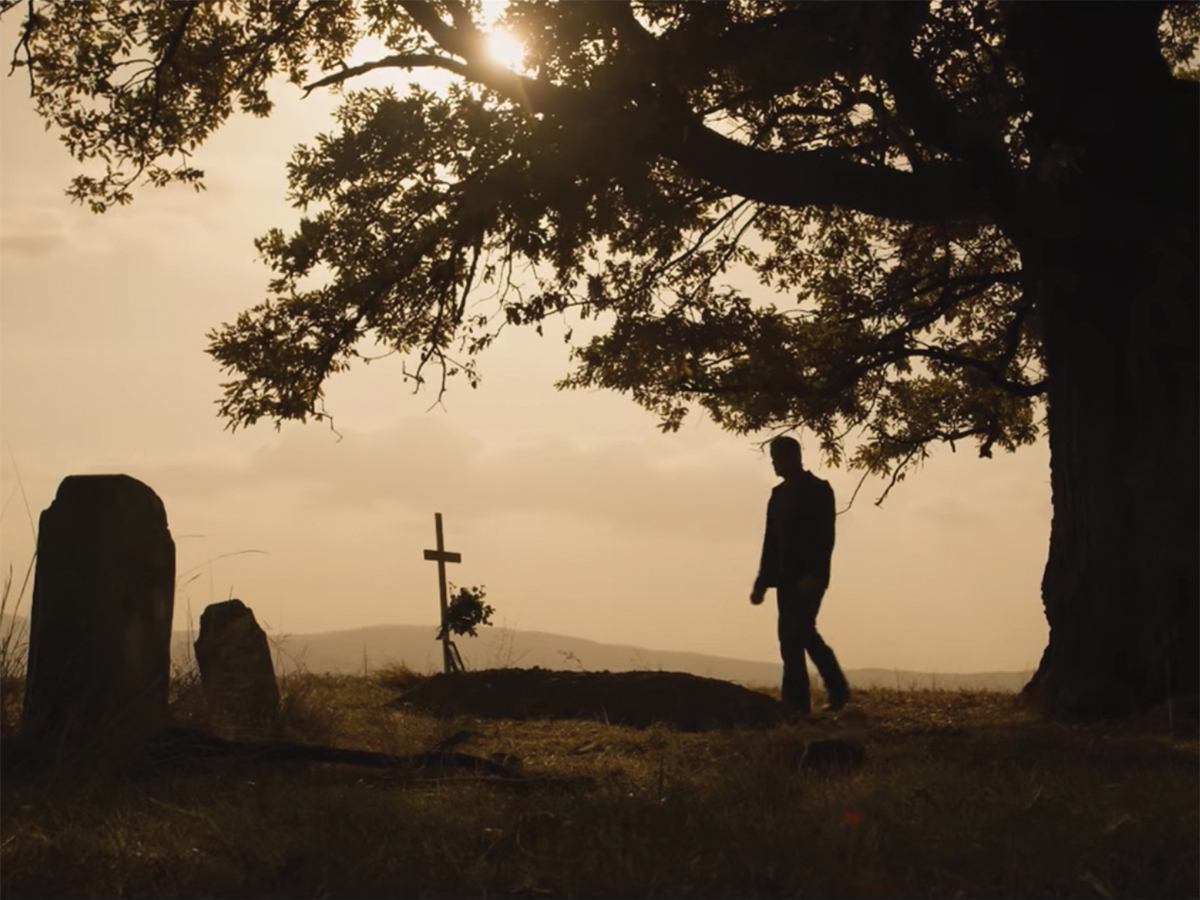
Sylvester Stallone is back at it with another continuation of an iconic franchise that made him into an action star. Previously, his return to the screen as Rocky Balboa in “Creed” and “Creed 2” were welcomed as the character played a supporting role to a new star and offered audiences an endearing and entertaining new story in the franchise. Sadly, Stallone’s attempt to revitalize Rambo and provide him with a meaningful conclusion fails to compare with the resurgence of the “Rocky” franchise and does little more than to provide fans with some entertaining and excessively gory action scenes.
“Rambo: Last Blood,” cleverly referencing the first film in the franchise “First Blood,” follows an old and seemingly happy John Rambo as he’s settled down to train horses on his ranch. Accompanying him is his niece, Gabrielle, and her grandmother Maria. As the film begins, audiences are quickly introduced to these three characters and given a tour of the ranch which includes a series of tunnels that run throughout the property. The film’s plot kicks into motion when Gabrielle receives a call from a friend in Mexico informing her that she has found her father who left her and her dying mother years ago. Against the wishes of both Rambo and her grandmother, Gabrielle travels to Mexico to meet him and is subsequently kidnapped by Mexican sex traffickers. In the vain of the “Taken” franchise, Rambo ventures to Mexico in search of Gabriella and comes into conflict with the criminals who abducted her. What follows is a violent revenge tale that pins an aging Rambo against hardened criminals.
Not surprisingly, the plot of “Rambo: Last Blood” is simple and straightforward. The film’s central revenge story does little to separate itself from others in the genre and only manages to justify the extreme violence committed against Gabrielle’s kidnappers. That said, the film never really gets us to care for these characters and Rambo’s stoic and limited range of emotions gives the audience little to build off of. Furthermore, the film’s villains, the Martinez Brothers, are one dimensional and simply appear evil just for the sake of being evil. They do little to stand out; one is even killed off screen, and they blend in with the nameless waves of criminals Rambo mows down in the final act.
In terms of acting, Last Blood doesn’t offer any groundbreaking performances and simply manages to get by. Practically every character in the film exists to propel the plot and they fail to leave an impression with the audience. Stallone has the monotone Rambo down and manages to make the action sequences entertaining but provides no real emotional weight to his character. This is abundantly clear when the majority of his lines center around brief monologues about revenge that often reiterate the same points. Additionally, the few scenes in the film that are meant to be emotional and heartbreaking never succeed in connecting with the audience as Stallone’s Rambo doesn’t convey much emotion to begin with.
With all of this being said, audiences don’t expect much in terms of plot from the “Rambo” franchise and mostly go for the action. This film does manage to deliver an entertaining and over-the-top action sequence at the end but is limited in what it offers through the film’s 89-minute runtime. Much of the film focuses on Rambo traveling to Mexico to find his daughter (remarkably easily by the way) with a few brief action moments that mainly consist of Rambo either punching or stabbing a handful of goons in typical brutal fashion. The real carnage does not occur until the final act when Stallone goes full Rambo on a small army of Mexican criminals that storm his ranch. Reminiscent of an R-rated “Home Alone,” Rambo sets up countless lethal booby traps throughout his property and turns the previously mentioned tunnels into a custom murder hole as enemy after enemy dies in a unique and brutal way.
Overall, “Rambo: Last Blood” does little to make itself stand out and will likely be forgotten by audiences the day after going to the theater. It manages to entertain action fans with its violent final act but fails to entertain or captivate audiences beforehand. Additionally, though the film is marketed as the last installment in the franchise, the film’s ending fails to feel final. By the film’s end, Rambo seems to be the same character he was in previous films with little development and room for future sequels should the studio decided to revive the franchise.
Verdict: “Rambo: Last Blood” is a disappointing entry in the franchise that does little to differentiate itself from other films in the action genre. The final action sequence manages to entertain and mildly redeem the film but does not justify the boring plot or the price of admission.







